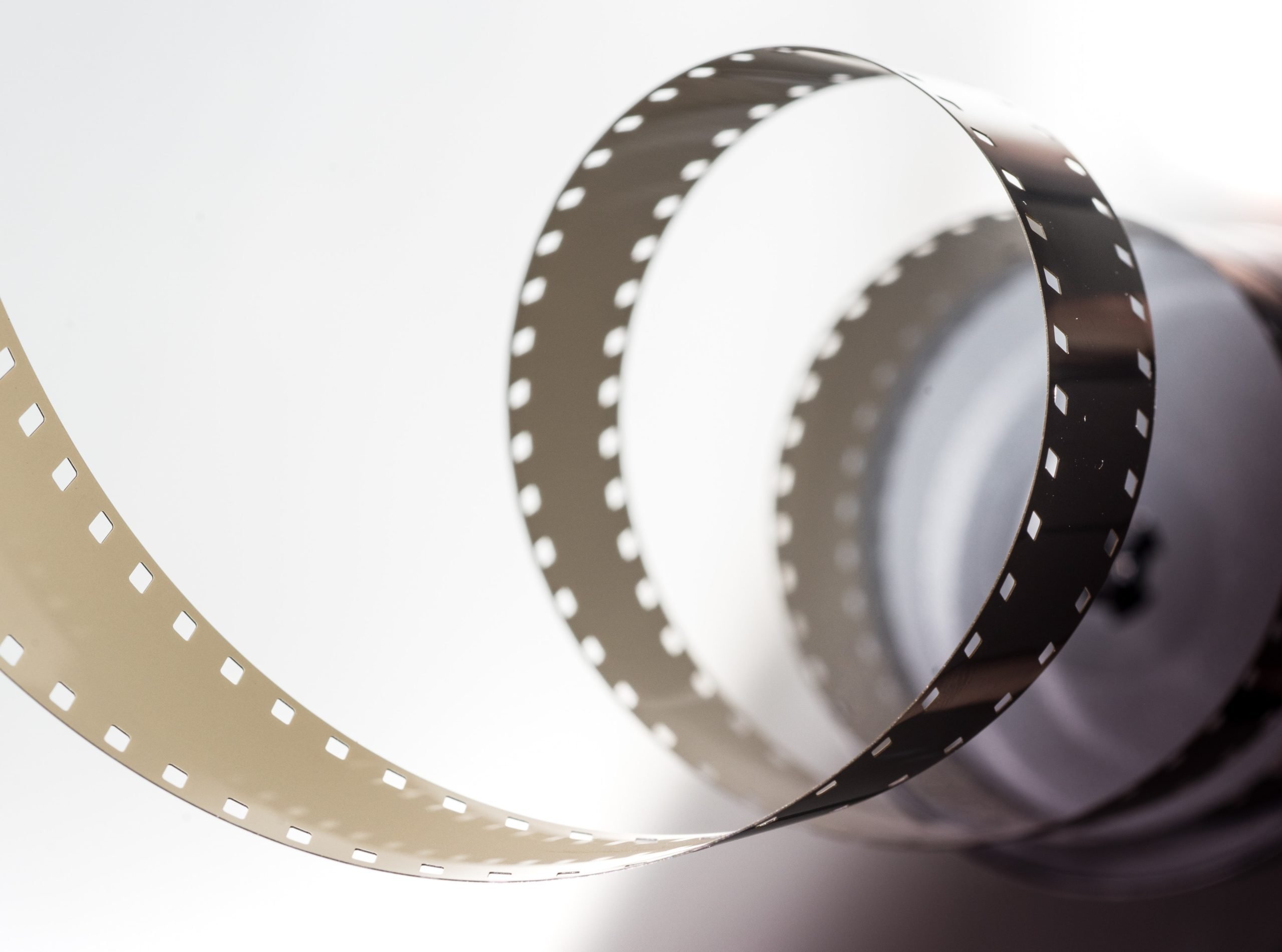London Has Never Been in Such High Demand for Film Production
In 2019, films and television shows shot in London produced roughly £7.9 billion in inbound investment, making it the world’s third-largest film production location. There has been no better period to be a video production agency in London. The London film production industry is hotter than ever as a venue for international filming projects. New areas of the city, such as the Underground, are redefining themselves as filming hotspots.
Famous films filmed in London include Harry Potter, Skyfall, Billy Elliott, and Paddington. The United Kingdom’s long tradition of quality in cinema, television, literature, music, drama, and heritage gives a wealth of references for screen narrative.
Through international partnerships and internal investments, London can promote its rich and dynamic way of life, influence how the rest of the world views the UK, and boost cultural exports.
Reigniting the Flame of UK Video Production
While most film production investments focus on London and southeast England, production centres have arisen in other regions of the UK in recent years. The business has brought considerable investment, training, and tourism opportunities to Northern Ireland, where the popular fantasy TV program Game of Thrones was filmed. Other towns are following suit, with Liverpool announcing plans to construct a new video production agency in London at the iconic Littlewoods building in October.
Due to countrywide lockdowns and halted activity, the UK government rolled out help for the film and television production sector, supporting over 180,000 jobs and generating more than £12 billion annually. Studios now appear to be a wise investment.
What Makes London an Excellent Location for Film Production?
Inspiring Sights and Sounds
London is rich in history and home to many well-known filming sites and museums, galleries, and vibrant nightlife. All of this contributes to the city’s stimulating and creative atmosphere, which many filmmakers find compelling given their work. They don’t have to turn off their imaginative brains after the day’s filming is done since they’re immersed in such an inspiring environment, and they could find that eureka moment that will make their project unforgettable.
Trained and Adaptable Workforce
International production companies that have operated in the UK frequently mention the UK’s highly trained and adaptable workers in cinema and TV as one of their deciding factors in investment. The workforce offers in-demand knowledge and qualifications and guarantees a well-supplied and varied flow of talent into the business.
The nation is creating international educational standards for high-tech professions in areas such as digital production to guarantee that the UK becomes a global centre of competence in this industry.
Accessibility of Production Equipment
As video production companies relocate to London to shoot and produce, the need for high-quality equipment has increased. In England, there is a wide selection of equipment providers and high availability of equipment rental businesses. This implies that directors will have no trouble finding the gear they want in London.
Filming in the London Underground
As one of the most well-known areas in London, many film producers have featured the Underground in their works. The COVID-19 pandemic and recent security risks have made filming in the Underground more challenging, but there are still ways to get around this.
Obtaining a Permit
The London Underground Film Office was established to assist filmmakers who wish to shoot on the subway system. All permission queries and applications must be submitted online at
If you are an amateur film producer, you will need to contact this office and pay a non-refundable £50 application fee. A video production company in London would need to pay £500 plus an hourly charge.
What filming restrictions does Transport for London implement?
Filming on the Underground is usually only allowed at off-peak periods to prevent disrupting travellers. Shoots between Monday and Friday are typically limited to either 10:00-15:30 or 20:00-23:30, while the weekends offer more flexibility.
The first limitation is that shooting on the platforms while the station is open to the public is not authorized since flash photography or extra illumination is prohibited. Producers can use artificial lighting in specific locations, such as tunnels. However, they need to inform an official from the Film Office beforehand.
Furthermore, filming anything unlawful or potentially harmful to the site’s proprietors is not permitted on the London Underground.
Getting the Film Office to approve your script
Before awarding you a permit, the Film Office will review your script or layout. They can also deny a request without giving you an explanation; nevertheless, they usually provide you suggestions on how to change your script so that you can obtain permission. Before submitting your entire application, you can also send in a summary.

